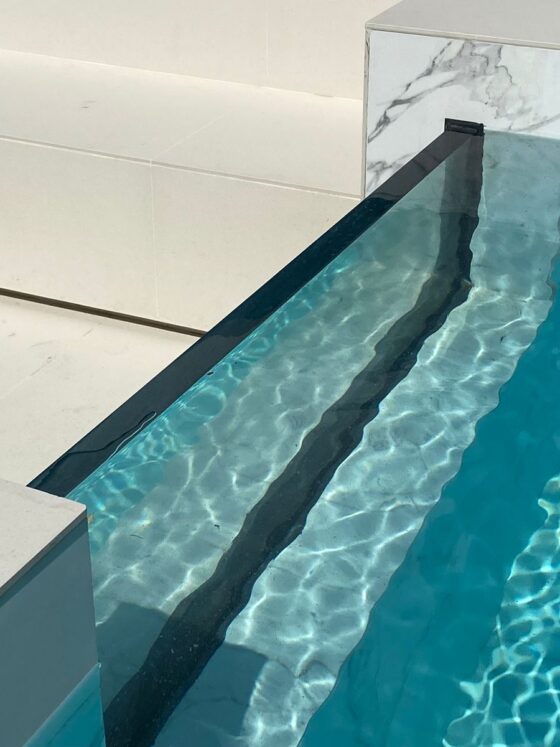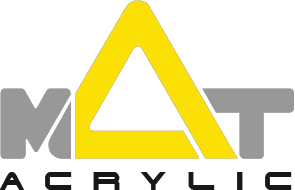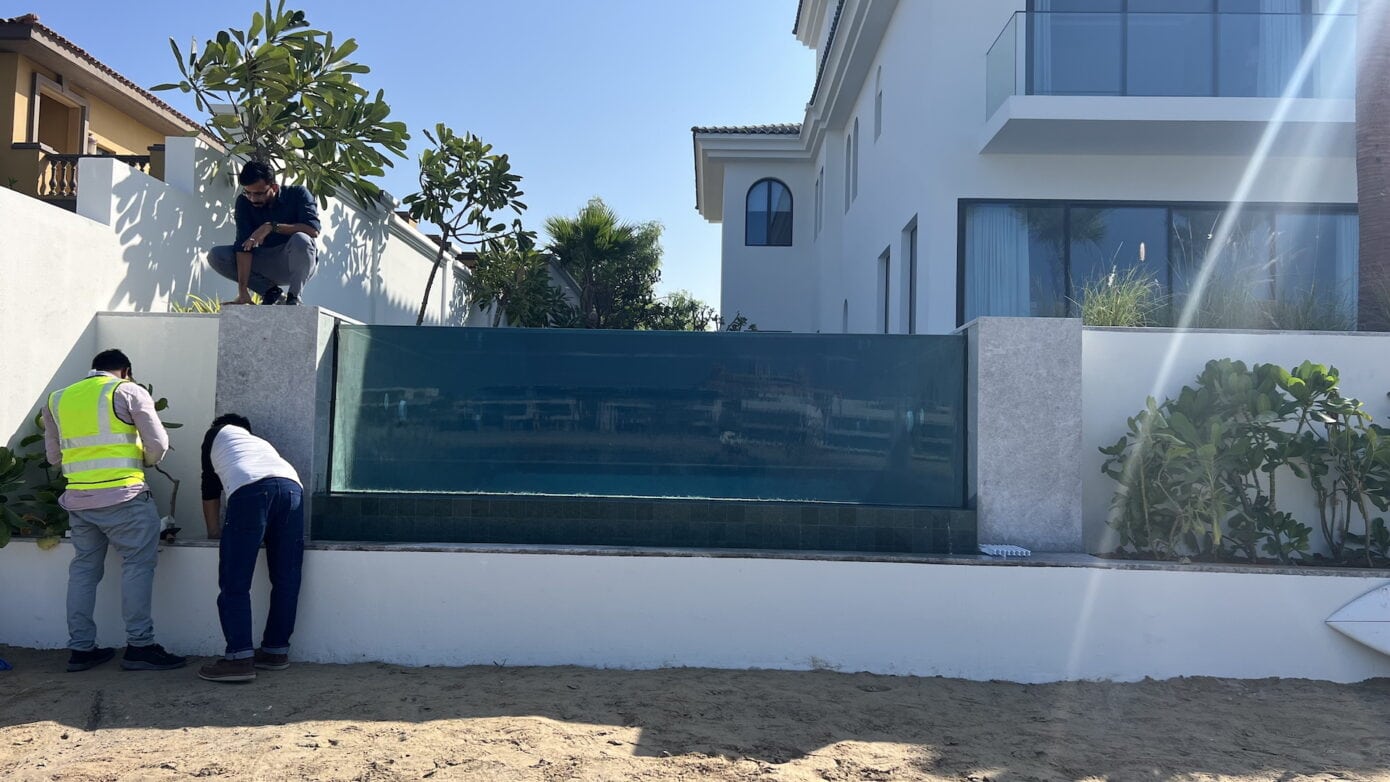Infinity pools
Experience seamless, edge-defying designs that blend water with the horizon.
Public Aquariums
Creating stunning, immersive underwater experiences for visitors of all ages.
PMMA and Acrylic Solutions
Polymethyl methacrylate (PMMA), more commonly known as acrylic, is a highly durable, lightweight, and optically clear material perfect for a range of applications.
This thermoplastic is widely appreciated for its strength, transparency, and weather resistance, making it ideal for both indoor and outdoor installations. Whether you’re looking to create an aquarium, a swimming pool, or an architectural marvel, acrylic’s versatility, safety, and beauty make it the material of choice.



Why Opt for PMMA Acrylic Panels Instead of Glass?
Strength of Acrylic Panels
Acrylic is significantly more durable than glass—up to 16 times stronger. Unlike glass tanks, where panels are connected using silicone adhesive, acrylic panels are fused at a molecular level through advanced chemical bonding technology. This ensures a seamless and robust connection.
Lightweight Properties of Acrylic Panels
Acrylic panels are approximately 50% lighter than glass of the same dimensions. In structures like pools and aquariums, where the weight-bearing capacity of the floor slab is a critical factor, acrylic’s lightweight nature offers a significant advantage. Additionally, its reduced weight makes installation much more manageable compared to glass panels.
Superior Clarity of Acrylic Panels
Premium-quality acrylic panels provide exceptional transparency, surpassing most standard glass options. Traditional glass pools and aquariums typically transmit only about 70% of light and have a greenish tint, which becomes more noticeable as the glass thickens. In contrast, PMMA acrylic allows approximately 92% of light to pass through and has an optical transparency similar to water. This creates a visual effect where acrylic panels seem thinner than their actual thickness. Furthermore, acrylic does not fog and produces minimal distortion compared to conventional glass.
Ease of Scratch Repair
Although acrylic panels can get scratched, restoring them is a straightforward process. Scratches on the dry side can be removed quickly using basic tools like sandpaper, a polishing wheel, an electric drill, and specialized compounds. For underwater scratches, pneumatic tools combined with MicroMesh and graded sandpaper can effectively restore the surface in a short period.
UV Resistance of Acrylic Panels
Composed of PolyMethylMethAcrylate (PMMA), acrylic panels naturally resist ultraviolet (UV) degradation. This polymer is also used in outdoor applications, where its UV-resistant properties help maintain long-term durability and clarity.


